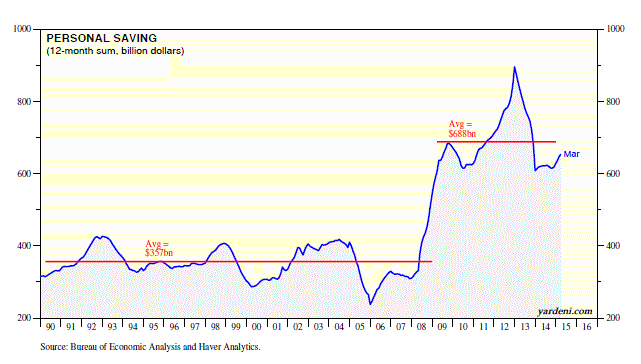The term “unintended consequences” should be familiar to everyone. Generally, the term is used to describe undesirable effects of a policy that oftentimes was implemented to have the opposite effect of what actually ended up occurring. However, there are also instances in history where actions or policies with negative intentions also had very positive consequences as well.
First World War Germany provides a very strong example of this. Besieged on all fronts by the French, British, Russians, and others, and blockaded by sea by the Royal Navy, Germany’s industries were starved of many of the raw materials they needed to supply the war effort. One such commodity that the blockade denied Germany was Chilean saltpetre, which was needed for explosives such as artillery shells.
Fortunately, for Germany, Nobel laureate (in Chemistry) Fritz Haber had “invented a system for extracting nitrogen from the air, thereby alleviating [Germany’s] pre-war reliance on Chilean saltpetre.”1 While it was a pre-war discovery, it was not until the blockade made it necessary that it was realized that the so-called “Haber process” could produce ammonia from hydrogen and nitrogen gases on a large scale. Later on, it was discovered that Haber’s process could easily produce ammonia as readily as it produced materials for explosives, and it is now estimated that perhaps as much as half the world’s population depends on the “Haber process” to create the nitrogen-based fertilizers for its food.
This story of a synthetic process initially implemented on a mass scale to create weapons of death and destruction, but that now is also used to feed billions of people made me consider what other positive unintended consequences we may not just yet appreciate, particularly in the financial realm.
One such example may be the behavioral changes perhaps induced by the Federal Reserve’s zero-interest rate program, or ZIRP. A legacy of the 2007-2009 financial crisis, ZIRP remained in effect until December of 2015, a full seven years after its initial implementation. Though it was never explicitly stated by the Fed, many conjectured that the goal of ZIRP was not just to ease the costs of borrowing in the economy, but also to push savers out of the security of short-term deposits and into riskier assets such as stocks, thereby supplying capital to the economy. Debates about the economic efficacy of ZIRP aside, one positive unintended consequence it likely had was that it forced many to save more to make up for the lack of interest income (chart from Dr. Ed Yardeni):

It is possible that the increase in savings during the ZIRP era is merely coincidental. But what is beyond dispute is that prior to ZIRP, household personal saving as a percentage of disposable income had fallen to the lowest levels in the postwar era:

Though Keynesians would argue that increased savings is a drag on the economy (it isn’t), there is little doubt that Americans had not been saving (and still don’t save) enough money, so any encouragement to do so – intended or unintended – seems to me to be helpful.
A similar positive unintended consequence may be seen after the effects of minimum wage hikes make their way through the economy. On the policy of a minimum wage, I am more philosophically aligned with Don Boudreaux than with Barry Ritholtz. But one consequence of a push for an ever higher minimum wage will likely be a push toward more automation of the jobs held by many minimum wage earners. That certainly sounds negative, of course; after all, people will suffer when their jobs are replaced by machines. However, the longer-term consequences of automation, if history is any guide, will likely be more jobs than would have existed otherwise.
In a recent issue of the Wall Street Journal, Christopher Mims wrote that since the arrival of the automated teller machine (ATM) in the 1970s, the “number of bank tellers in America has more than doubled.” The reason for that, Mr. Mims writes (quoting economist James Bessen), was that the lower cost of ATMs allowed the banks to expand into more branches, thus employing more people. This should be obvious, of course. People will be employed to manufacture the ATMs, to service them, and to create the software that operates them.
In time, the full consequences of today’s policies will be seen, and some will certainly be negative. However, there will certainly be many very positive unintended consequences, too. It is my hope that those will outweigh the negative, though their advantages may not be so readily seen.
1 The First World War: Germany and Austria-Hungary 1914-1918 2nd Edition by Holger H. Herwig

